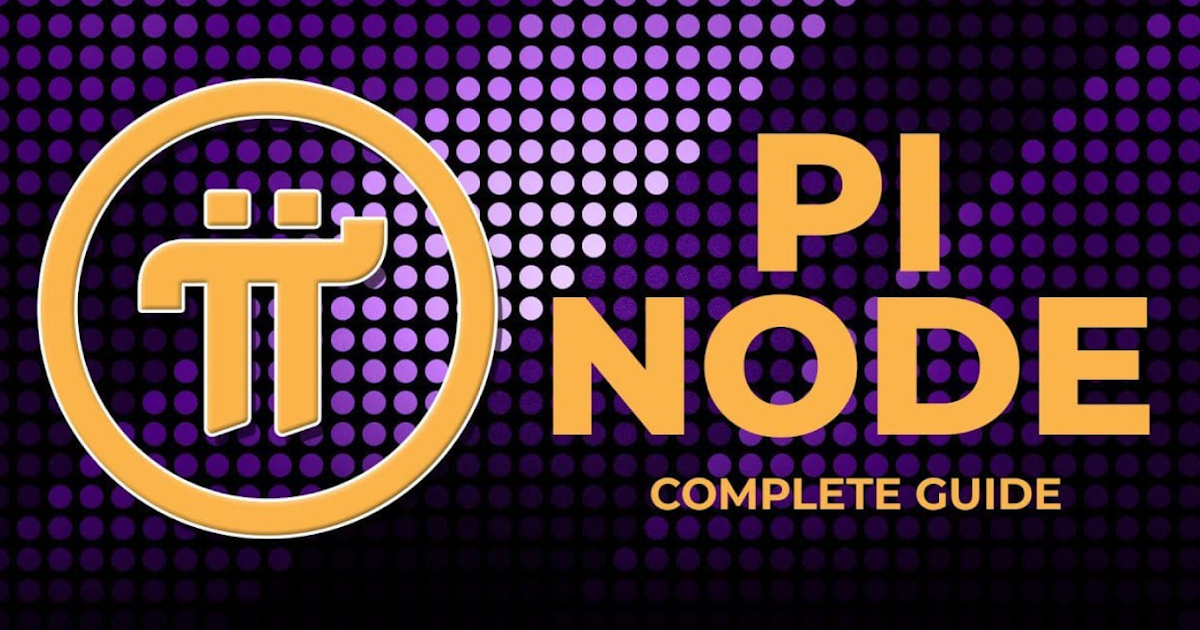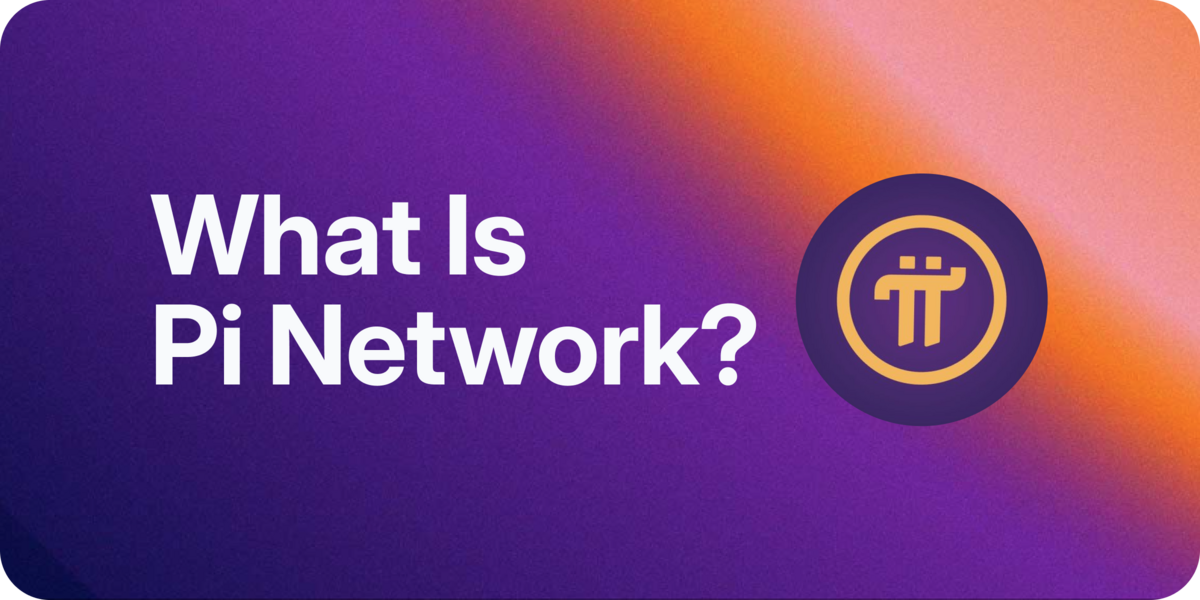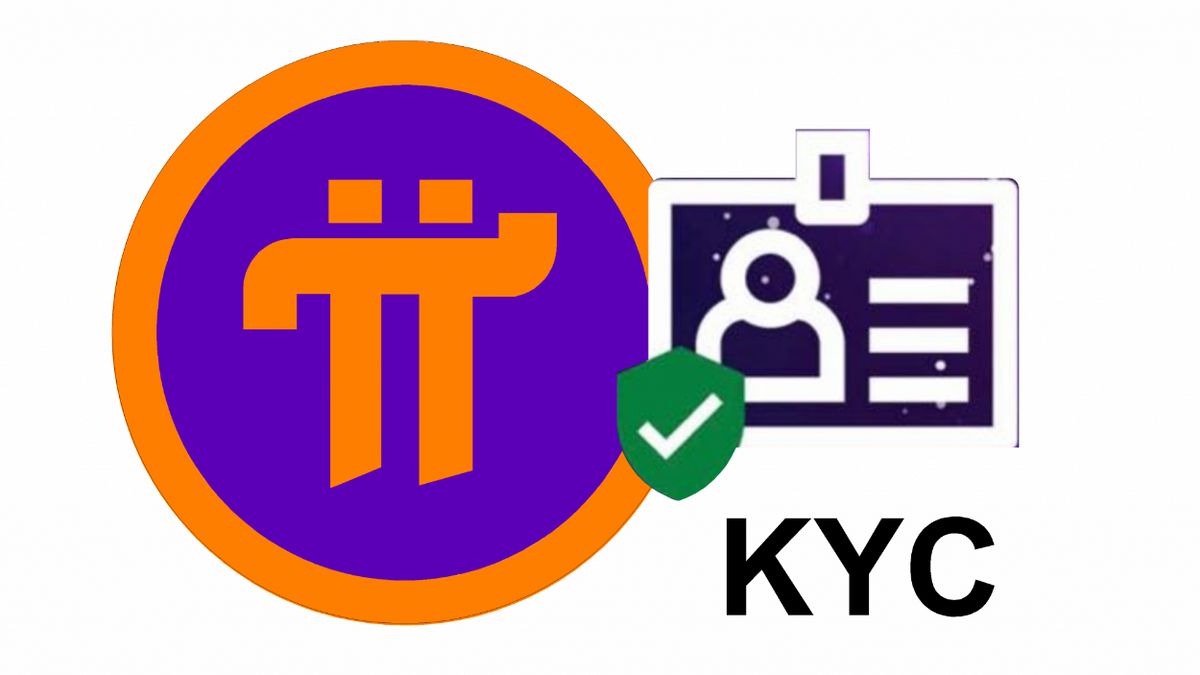The Role of Pi Nodes in the Network: Powering Decentralized Infrastructure
As Pi Network continues to evolve from its initial testnet phase into a fully functional mainnet, one of its most innovative and critical components is the Pi Node. Nodes are the backbone of any decentralized blockchain network, and in the case of Pi Network, they represent a unique blend of accessibility and decentralization. Unlike traditional cryptocurrency nodes that often require specialized hardware and technical knowledge, Pi Nodes are designed to be more inclusive and run by everyday users.
This article explores the function, importance, architecture, and future impact of Pi Nodes within the Pi Network ecosystem.
🔧 What is a Pi Node?
A Pi Node is software that runs on a user’s desktop or laptop computer, helping to support and maintain the Pi Network blockchain. The Node software is lightweight and allows individuals to contribute to network consensus, transaction verification, and overall decentralization.
Unlike mobile mining, which simulates mining by verifying your identity and network trustworthiness, Pi Nodes play a real technical role. They connect to other nodes, form the consensus protocol, and maintain the integrity of the blockchain ledger.
🧠 Why Are Nodes Important in Pi Network?
In any decentralized blockchain, nodes are essential for verifying transactions, enforcing rules, and ensuring consensus. The main benefits of Pi Nodes include:
1. Decentralization
The more individuals operating nodes around the world, the more decentralized the network becomes. This reduces reliance on centralized servers and increases trust and security.
2. Transaction Verification
Nodes confirm the authenticity of transactions. This ensures no double-spending, and that only users with validated balances can transfer Pi.
3. Consensus Participation
Nodes are instrumental in the Stellar Consensus Protocol (SCP), which Pi Network uses. SCP relies on Quorum Slices—subsets of trusted nodes—that together reach consensus on valid transactions.
4. Blockchain Maintenance
Pi Nodes store and broadcast data, synchronize ledgers, and keep the blockchain updated and consistent across the network.
🏗️ The Architecture of Pi Nodes
There are two main types of Pi Nodes:
🖥️ 1. Pi Node
A standard desktop node that helps connect to the Pi Testnet or Mainnet. These nodes maintain network communication and broadcast blocks and transactions.
⚙️ 2. Pi Node + Docker
These are full consensus nodes that also run Docker containers. These nodes actively participate in consensus voting and are part of the trusted Quorum Slices.
✅ Key Components of a Node Setup:
- Pi Node software (downloadable from Pi Network’s official site)
- Stable internet connection
- Running Docker (for consensus participation)
- Trust score and active status from the mobile app
Nodes do not require expensive GPU or mining rigs. Even a modest desktop computer with basic specs can participate, making it accessible to the masses.
🔐 Security and Trust in the Node System
Pi Network uses a Web of Trust model in which trust is derived from your mobile mining connections. Each node must be linked to a mobile mining account, which ensures that only verified humans operate nodes.
Additional trust mechanisms include:
- User verification (KYC)
- Firewall and anti-tampering features in software
- Consensus through Quorum Slices
This multi-layered model enhances security, reliability, and transparency of node operations.
🌎 Global Distribution and Accessibility
One of Pi Network’s unique strengths is the geographical diversity of its nodes. Traditional blockchains often see concentration of nodes in countries with high technical infrastructure (like the US, Germany, China). But Pi’s mobile-first approach ensures nodes are being operated in emerging markets like Nigeria, India, Indonesia, and Brazil.
This global distribution helps:
- Increase decentralization
- Protect against regional censorship
- Promote financial inclusion
📈 Incentives and Rewards for Running a Node
Currently, Pi does not directly reward node operators in Pi tokens, as the network is still in the enclosed mainnet phase. However, node operators benefit in several ways:
- Early Access and Reputation – Being a node operator increases your trust score and visibility within the Pi ecosystem.
- Potential Future Rewards – Once the open mainnet launches, node operators may be rewarded for contributing computing power and consensus work.
- Influence and Governance – Node operators may play roles in future Pi governance proposals and protocol changes.
The incentive structure is expected to evolve post-mainnet, offering more tangible benefits to loyal node operators.
🔄 How to Become a Pi Node Operator
✅ Step-by-step Guide:
- Download the Pi Node Software
- Available for Windows and macOS.
- Visit: minepi.com/node
- Login with Your Pi Credentials
- Use the same credentials as your mobile Pi app.
- Run Diagnostics
- Ensure your device passes internet, memory, and disk checks.
- Enable Docker (Optional for Consensus)
- Install Docker to participate in consensus voting and earn additional recognition.
- Link Your Node to Mobile App
- Through the “Node” tab in the Pi app, connect your node to your mobile account.
- Stay Active and Online
- Node uptime and consistency play a role in future inclusion in consensus.
🤖 How Pi Nodes Are Different from Bitcoin Nodes
| Feature | Pi Network Node | Bitcoin Node |
|---|---|---|
| Hardware Requirements | Low to moderate | High (for full nodes and miners) |
| Energy Consumption | Minimal | High (especially for mining nodes) |
| Consensus Protocol | Stellar Consensus Protocol (SCP) | Proof of Work (PoW) |
| Accessibility | High (anyone with a laptop) | Moderate (requires technical setup) |
| Trust Mechanism | Web of Trust + KYC | Open + anonymous |
🛠️ Future of Pi Nodes
Pi Nodes will become increasingly important as Pi transitions to:
- Open Mainnet
- Full dApp Ecosystem
- DAO and Governance Participation
- Marketplace Functionality
They will help maintain integrity as more users, developers, and businesses join the ecosystem.
Pi Network may also introduce:
- Node reputation scores
- Dynamic rewards based on uptime and trust
- Regional node selection for optimized speed
🧠 Final Thoughts
Pi Nodes are the heartbeat of the Pi blockchain, ensuring decentralization, consensus, and scalability. As Pi Network builds a Web3-ready ecosystem, node operators will be at the forefront of innovation and infrastructure.
Unlike many blockchain projects that remain dominated by tech elites, Pi’s node system invites participation from everyday users. Whether you’re a developer, enthusiast, or simply a curious Pioneering user, running a Pi Node is a chance to be part of the network’s foundation.
Start your node journey today, and help shape the decentralized future of Pi.




